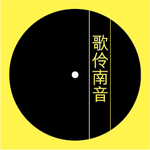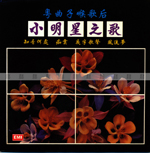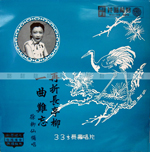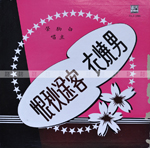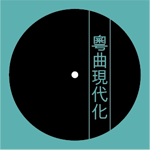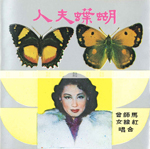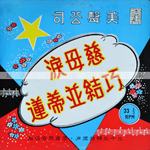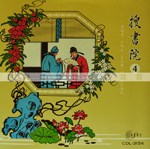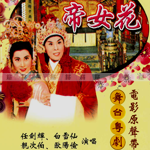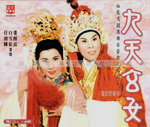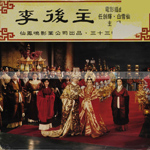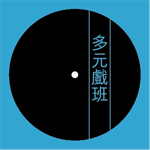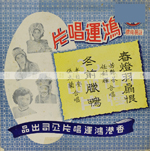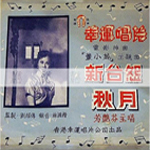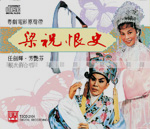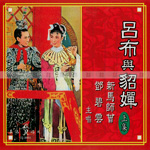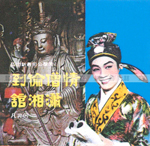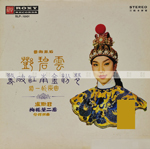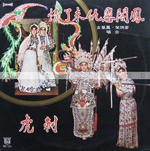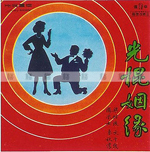Since the early twentieth century, Hong Kong has always been an important venue for Cantonese opera development. After 1949, as a result of political turmoil in the Mainland, performers and troupes converged and resettled in the territory, leading to a tremendous prospering of Cantonese opera in the subsequent decade. This development is linked intimately with the rise of the electronic media.
Performers and troupes began to grasp the possibilities offered by film and radio to re-examine age-old performance practices with regard to acting, singing, script writing, instrumentation, and stage set-up. They brought in novel elements from the theatre and movie world, and participated in the production of films and records. With these acts, they are extending the movement to modernize Cantonese opera that began in the 1930s.
Wong Jum-sum was thoroughly immersed in the world of Cantonese opera from young. Through his close encounter with master performers like Hung Sin-nui, Ma Si-tsang, Yam Kim-fai, Pak Suet-sin and Tong Dik-sang, he witnessed first hand the modernization of Cantonese opera, and was mightily moved by the adventure and passion he saw.


作曲:呂文成
作詞:周聰
主唱:周聰、梁靜
合:踩單車 開心又風趣
周:放假好機會
梁:踩到荒郊去
合:單車鬥快 咪亂撞
當心揸呔 快到飛起去
梁:單車要避人
周:慢吓車親佢
梁:就唔係詐假意講句
合:最開心
周:拍住一直去
梁:兩個都一樣
周:天生我共你一對
梁:唔在你將我天天追
周:真開心
梁:無限趣
周:我一對
梁:他一對
合:向大路一直去一直去
踩到天邊去
合:知心兩個快樂無限
歡心相對 向住那天邊去
梁:春光最動人
周:踩到花間裡
梁:共同玩憩春心醉
合:最開心
周:拍住一直去
梁:兩個都一樣
周:天生我共你一對
梁:唔在你將我天天追
周:真開心
梁:無限趣
周:我一對
梁:他一對
